Updated February 27, 2024
Subtitle
Crafting Your Digital Haven for Self-Publishing Success
Synopsis
In this article, I will explore the key features that make an author’s website stand out and discuss the importance of each one. Whether you are a seasoned writer or just starting your self-publishing journey, my guide will help you create a website that captivates your readers and showcases your knowledge and talent.
What You Will Learn from This Article

1. A captivating author biography is crucial for making a personal connection with readers, encouraging them to explore and purchase the author’s work.
2. Regularly updated content, such as a blog or news section, is essential for keeping the website engaging, informing readers, and improving search engine rankings.
3. Incorporating e-commerce functionality enables authors to sell books, merchandise, or services directly from their website, simplifying transactions for readers and enhancing revenue.
Introduction
In an era when the internet has become the primary source of information and entertainment, authors must adapt to the digital landscape to reach their audience effectively.
A well-designed and feature-rich author website is one of the most valuable assets for any writer in this endeavor.
Your website is an online calling card and a digital hub that can help you connect with readers, market your books, and establish your brand as an author.
This article will explore the top features that can transform your author’s website into a professional and enticing platform.

The Top Features of a Professional Author’s Website
1. Engaging Author Bio and Photo
Your author website should begin with a captivating author biography. This bio is your opportunity to introduce yourself to your readers, share your journey, and provide insight into your writing style and interests. A well-written biography creates a personal connection, making readers more likely to explore your work.
2. Book Showcase/Catalog
A dedicated page showcasing your books is essential. Include high-quality cover images, concise book descriptions, and direct links to purchase or pre-order your books. Make it easy for visitors to discover and buy your work.
3. Blog or News Section
Regularly updated content is crucial to keeping your website fresh and engaging. A blog or news section allows you to share your thoughts, and write updates, book releases, and industry insights. This content keeps readers informed and boosts your website’s search engine ranking and credibility.
4. Newsletter/Mailing List Signup
Building a mailing list is vital to an author’s marketing strategy. Include an e-newsletter signup form on your website to capture reader email addresses. Offer incentives like free ebooks, exclusive content, or updates to encourage sign-ups.
5. Multimedia Gallery
Enhance reader engagement by including a multimedia gallery featuring author photos, book trailers, interviews, slide deck presentations, and event recordings. Visual content adds depth to your online presence and keeps visitors engaged.
6. Contact Information
Make it easy for readers, media, or potential collaborators to contact you. Include a contact form or provide direct contact information, such as an email address or social media links.
7. Social Media Integration
Integrate social media buttons or feeds to connect your website with your social platforms. This integration enables readers to follow you on platforms where you are active and share your content.
8. Event Calendar
An event calendar is essential for authors participating in book signings, speaking engagements, or virtual events. Keep readers informed about your upcoming appearances and interactions.
9. Reader Reviews and Testimonials
Showcase positive reviews and testimonials from readers or industry professionals. Social proof can boost your credibility and encourage others to explore your work.
10. Media Kit or Press Page
Create a media kit to engage with the media or arrange book signings and interviews. This kit should contain your author bio, high-resolution images, book summaries, and press coverage.
11. E-commerce Capability
If you sell books, merchandise, online classes, or offer services like consulting or speaking engagements, add an e-commerce functionality. An online store simplifies transactions and boosts your revenue.
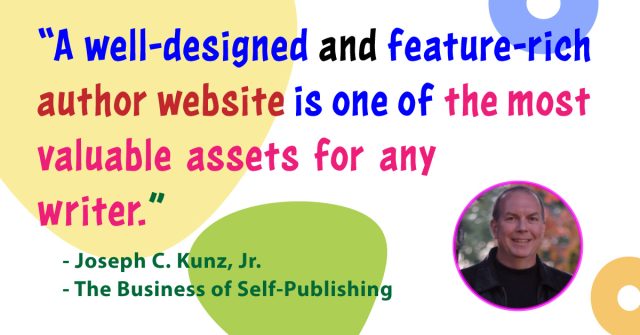
Conclusion
In the digital age, a professional author’s website is your virtual storefront, providing readers and industry professionals with a window into your world.
Incorporating these eleven essential features into your website will create a dynamic platform that enhances visibility, connects you with your audience, and fosters a thriving writing business.
So, start building your website today, and let it become the cornerstone of your self-publishing success.

Three Key Takeaways
1. The home page is your book cover: The first impression counts, and your website’s home page should be engaging, capturing the essence of your brand.
2. Build your fan base: A newsletter signup and social media integration help you connect with your audience and keep them engaged.
3. Author credibility is critical: Showcase your work and build trust and credibility with reader reviews, testimonials, and a comprehensive media kit.
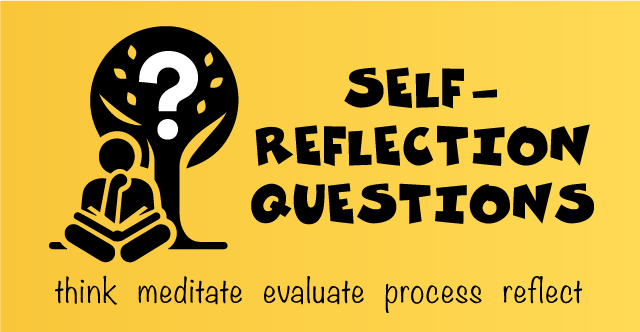
Self-Reflection Questions
1. How well does my current author bio and photo connect with my target audience?
Consider if your biography and photo authentically represent you and effectively engage your readers, making them interested in exploring your work.
2. Am I regularly updating my website with fresh content that adds value for my readers?
Reflect on the frequency and quality of your blog posts, news updates, or any content you provide to keep your audience informed and engaged.
3. Does my website effectively facilitate direct sales and interactions with my readers?
Evaluate whether your site has the necessary e-commerce functionality to sell books, merchandise, or services directly, and if it’s easy for readers to make purchases or contact you.
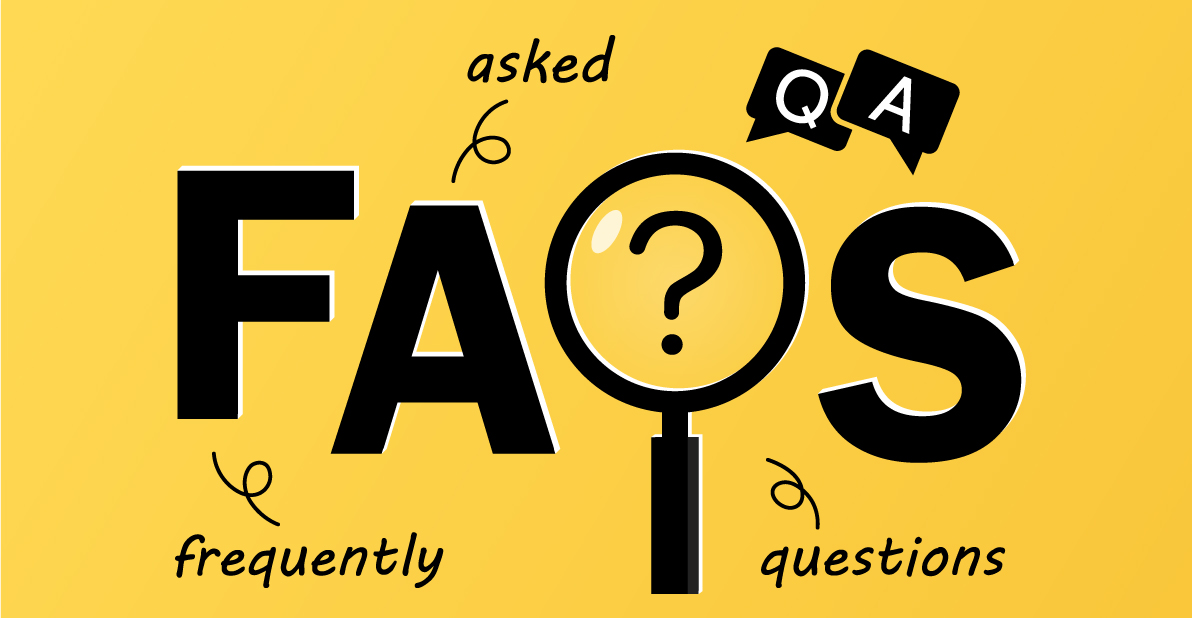
Frequently Asked Questions
Q1: Why do authors need a professional website?
A: A professional website provides a central hub for readers to learn about an author, discover their works, and keep updated with events and news. It reinforces the author’s brand, increases visibility, and offers a direct communication channel with fans.
Q2: What is an author’s website’s first and most essential feature?
A: The primary feature should be a straightforward, concise biography, sharing personal and professional details that allow readers to connect and understand the author’s background and inspirations.
Q3: How should an author display their books?
A: Authors should have a dedicated ‘Books’ or ‘Works’ page, listing all their publications with cover images, brief descriptions, and direct links to buy or read samples.
Q4: Do authors need a blog on their website?
A: While not mandatory, a regularly updated blog can engage readers, showcase the author’s writing style, and provide updates about upcoming releases or events.
Q5: Should authors have a newsletter sign-up on their website?
A: Absolutely. A newsletter allows authors to build a mailing list and directly communicate with fans about new releases, events, and exclusive content.
Q6: How important are reviews and testimonials?
A: Featuring selected positive reviews and testimonials can offer social proof of an author’s skills and attract new readers. It’s a way to let others vouch for the quality of the author’s work.
Q7: Should authors include multimedia content, like videos or podcasts?
A: When the author creates or is featured in multimedia content, it can be a valuable addition. Video interviews, book trailers, or podcast episodes can offer richer engagement than text alone.
Q8: How can authors interact with their readers through the website?
A: Besides the blog’s comment section and newsletter, authors can include a contact form for direct messages and integrate social media links or feeds for broader engagement.
Q9: Is it essential to have a mobile-responsive design?
A: Yes. With many internet users accessing sites via mobile devices, a mobile-responsive design ensures that all visitors have a seamless experience.
Q10: What about website security?
A: Authors should ensure their websites are secure, especially if handling user data like email addresses. Regularly updating the website platform plugins and using SSL encryption are good practices.
Q11: Should authors have an events or appearances section?
A: If the author frequently participates in events, workshops, or book signings, a calendar or list of upcoming appearances can keep fans informed and boost attendance.
Q12: What about e-commerce? Should authors sell books directly?
A: Selling directly to readers can offer better profit margins. However, it requires handling orders, payments, and possibly shipping. Some authors opt for a blend, offering signed copies directly and linking to retailers for standard purchases.
Q13: How important is the design and aesthetic of the website?
A: Design plays a pivotal role. A clean, professional, and cohesive design reinforces branding, makes navigation more straightforward, and leaves a positive impression on visitors.
Q14: Do authors need to update their website regularly?
A: Regular updates, whether in the form of blog posts, news, or adding new content, keep the website relevant and can improve search engine rankings.
Q15: Can authors integrate reviews and reader interactions from other platforms?
A: Yes, plugins or widgets can display recent Goodreads reviews, Twitter feeds, or Instagram photos, providing dynamic content and cross promoting the author’s other online platforms.
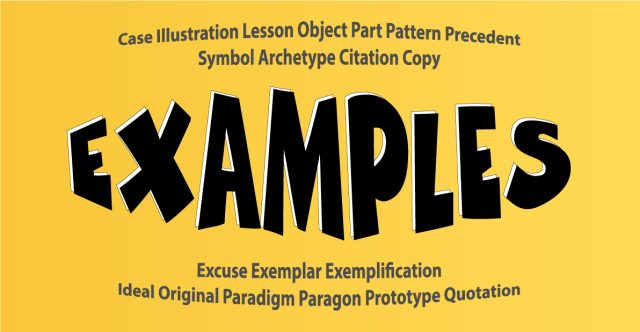
Powerful and Well-Designed Author Website Examples
Introduction
Here are a few successful authors who have effectively implemented the features mentioned in my article to achieve publishing success. These authors are using their websites as powerful tools to connect with readers, promote their work, and build their brands:
1. J.K. Rowling: The author of the Harry Potter series has a well-designed website that includes an engaging author bio, a book showcase for her various works, a blog/news section to keep fans updated, and a dedicated section for Pottermore, her digital platform for exploring the Harry Potter universe.
2. Stephen King: King’s website features a book catalog, a blog sharing his thoughts and updates, a newsletter signup, and multimedia content like video interviews and audio excerpts from his books.
3. Neil Gaiman: Gaiman’s website is a prime example of how an author can engage with readers. It includes a blog, an event calendar, and a multimedia section with audio and video content. Gaiman also actively interacts with fans through his blog’s comment section and social media.
4. Hugh Howey: As a self-published author known for his “Wool” series, Howey’s website is a testament to effective self-promotion. It features a book catalog, a blog where he shares industry insights, a newsletter signup, and direct links to buy his books.
5. Amanda Hocking: Hocking, a successful self-published author of paranormal romance novels, has a website with a book showcase, a blog, a newsletter signup, and a direct link to her online store where she sells her books and merchandise.
Conclusion
These authors have embraced the features outlined in my article to create professional author websites that cater to their specific audiences, showcase their work, and engage with readers effectively. Their websites are functional and reflect their unique writing styles and personalities, which is vital to connecting with fans in the digital age.
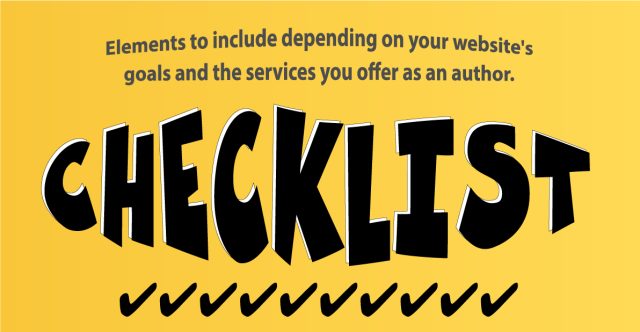
Checklist of Features of a Professional Author’s Website
Here’s a checklist to help you analyze and improve your author website:
1. Engaging Author Bio and Photo
• Is your author’s biography engaging and personal?
• Does it provide insight into your writing style and journey?
• Is there a high-quality author photo?
2. Book Showcase/Catalog
• Do you have a dedicated page for your books?
• Are high-quality cover images displayed?
• Are concise book descriptions available?
• Are there direct links to purchase or pre-order your books?
3. Blog or News Section
• Do you regularly update your website with blog posts or news?
• Are you sharing your thoughts, updates, and industry insights?
• Is the content engaging and relevant to your audience?
4. Newsletter/Mailing List Signup
• Is there an easy-to-find newsletter signup form?
• Do you offer incentives for signing up, such as free ebooks or exclusive content?
5. Multimedia Gallery
• Does your website include a multimedia gallery with author photos, book trailers, interviews, and more?
• Is the visual content engaging and relevant to your audience?
6. Contact Information
• Is it easy for visitors to contact you through a contact form or provided contact information?
• Are your social media links readily available?
7. Social Media Integration
• Are social media buttons or feeds integrated into your website?
• Can visitors quickly follow you on your active social platforms?
8. Event Calendar
• Is there an event calendar showcasing your upcoming appearances, book signings, or speaking engagements?
9. Reader Reviews and Testimonials
• Do you showcase positive reader reviews and testimonials on your website?
• Does this social proof boost your credibility?
10. Media Kit or Press Page
• Have you created a media kit with essential information for the media and collaborators?
• Does it contain your author bio, high-resolution images, book summaries, and press coverage?
11. E-commerce Capability
• If applicable, have you added e-commerce functionality to sell books, merchandise, or services?
Additional Considerations
• Is your website design clean, professional, and cohesive?
• Is your website mobile-responsive for a seamless experience on all devices?
• Is your website secure, especially if handling user data?
• Do you regularly update your website with new content and information?
• Have you integrated reviews and reader interactions from other platforms, if available?
• Is your homepage engaging and reflective of your brand?
The above checklist covers most of the key features and considerations mentioned in the article for a professional author’s website.
However, below are a few additional elements you could consider adding to the list based on standard website best practices and specific author needs:
12. Search Functionality
• Does your website have a search bar to help visitors easily find specific content, such as blog posts or books?
13. Accessibility
• Is your website accessible to individuals with disabilities, with features like alt text for images and proper heading structure?
14. Privacy Policy
• Have you included a privacy policy primarily for collecting user data through newsletter signups or e-commerce transactions?
15. SEO Optimization
• Have you optimized your website for search engines, including meta tags, keywords, and relevant content to improve discoverability?
16. Copyright Information
•Is there clear copyright information on your website to protect your intellectual property?
17. Author Events or Webinars
• If you host author events or webinars, do you have a section to promote and provide information about these events?
18. Reader Engagement
• Do you actively engage with readers through blog posts or social media comments?
19. Analytics and Tracking
• Have you implemented analytics tools (e.g., Google Analytics) to track website traffic and visitor behavior?
20. Backup and Security Measures
• Do you regularly back up your website data to prevent data loss in case of technical issues?
21. Legal Disclaimers
• If necessary, do you include legal disclaimers, such as terms and conditions for e-commerce transactions or event participation?
22. Navigation and Site Structure
• Is your website’s navigation intuitive, with a well-organized menu structure that helps visitors quickly find what they’re looking for?
Conclusion
Adding a few extra touches can make your author’s website more welcoming and easier to use and ensure it meets all the legal and accessibility guidelines. Plus, these tweaks can help get your site seen by more people.
Depending on what you’re aiming for with your website and what you’re offering as an author, the things you might add could be different. But it’s all about making your space on the web as inviting and reachable as possible!
Here’s to your success as you navigate the path of publishing with integrity and excellence, Joe.


